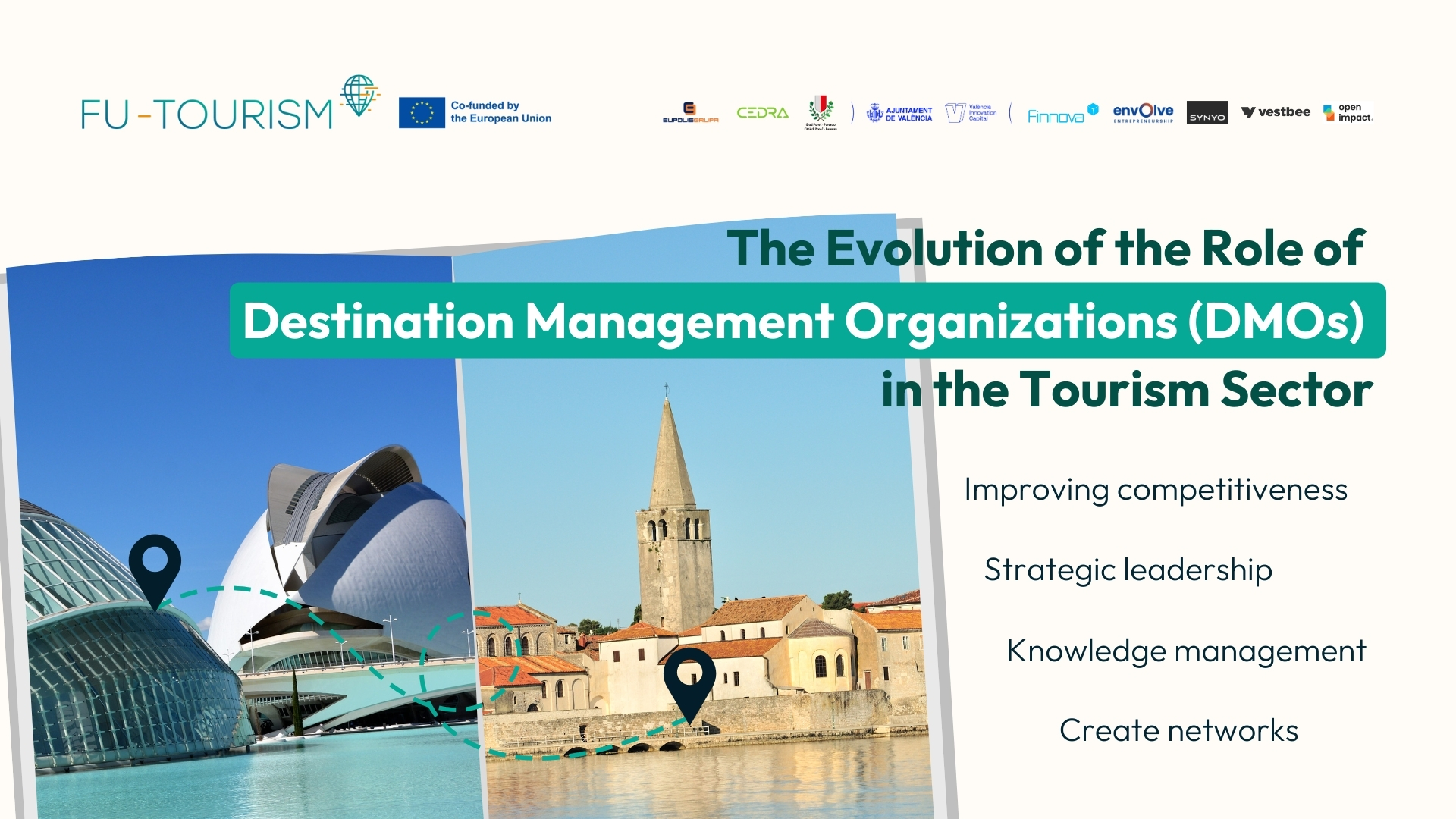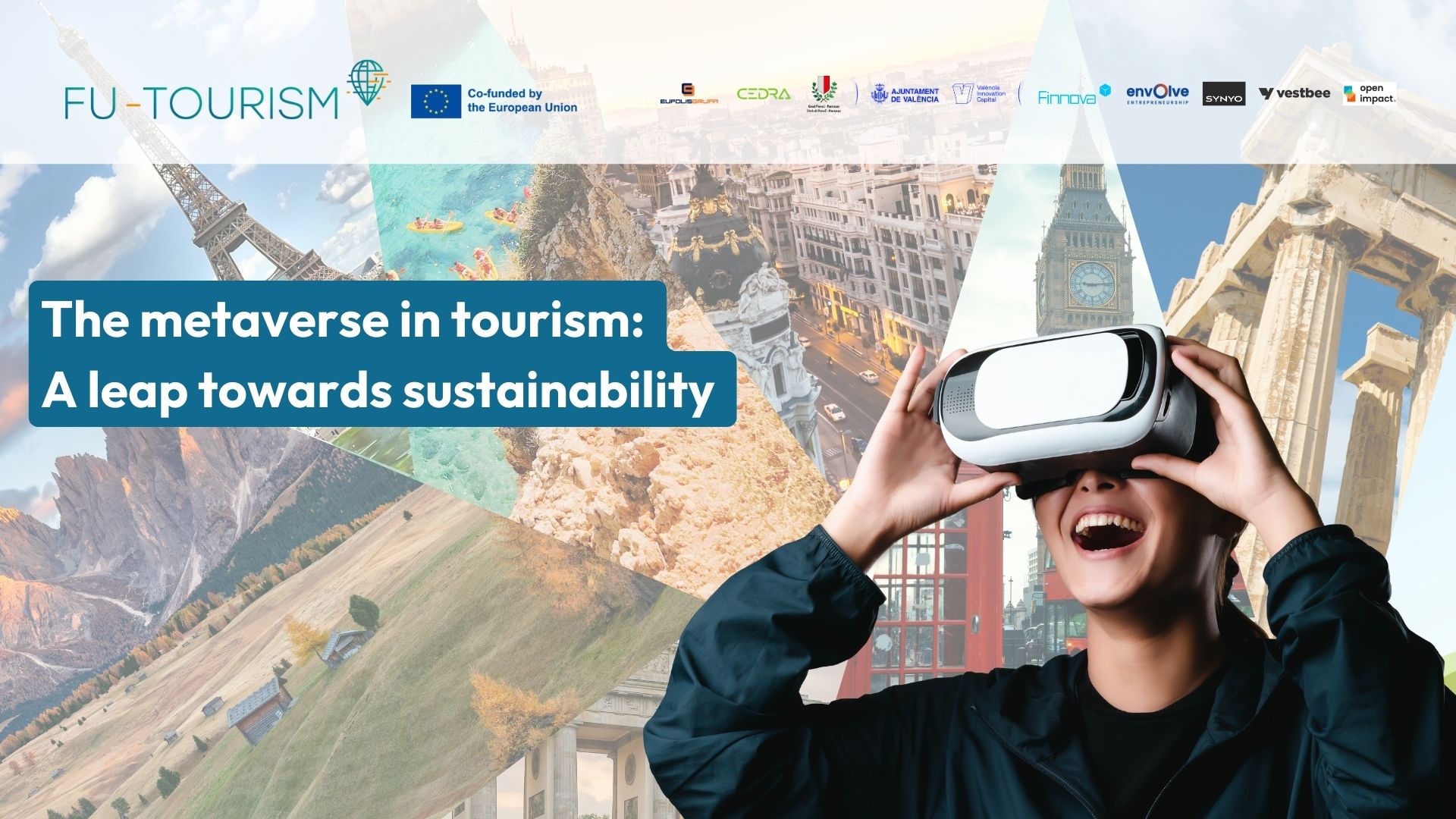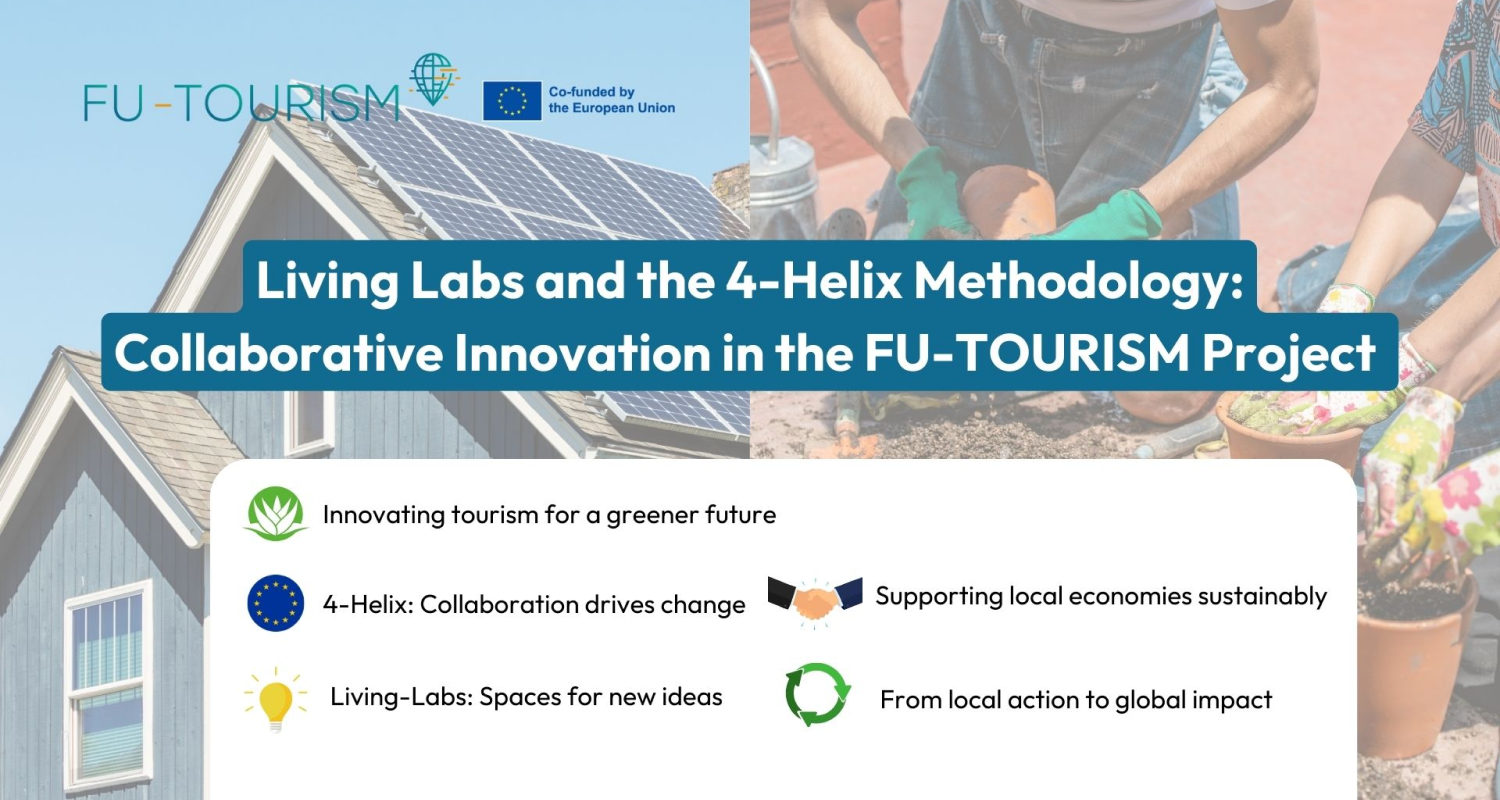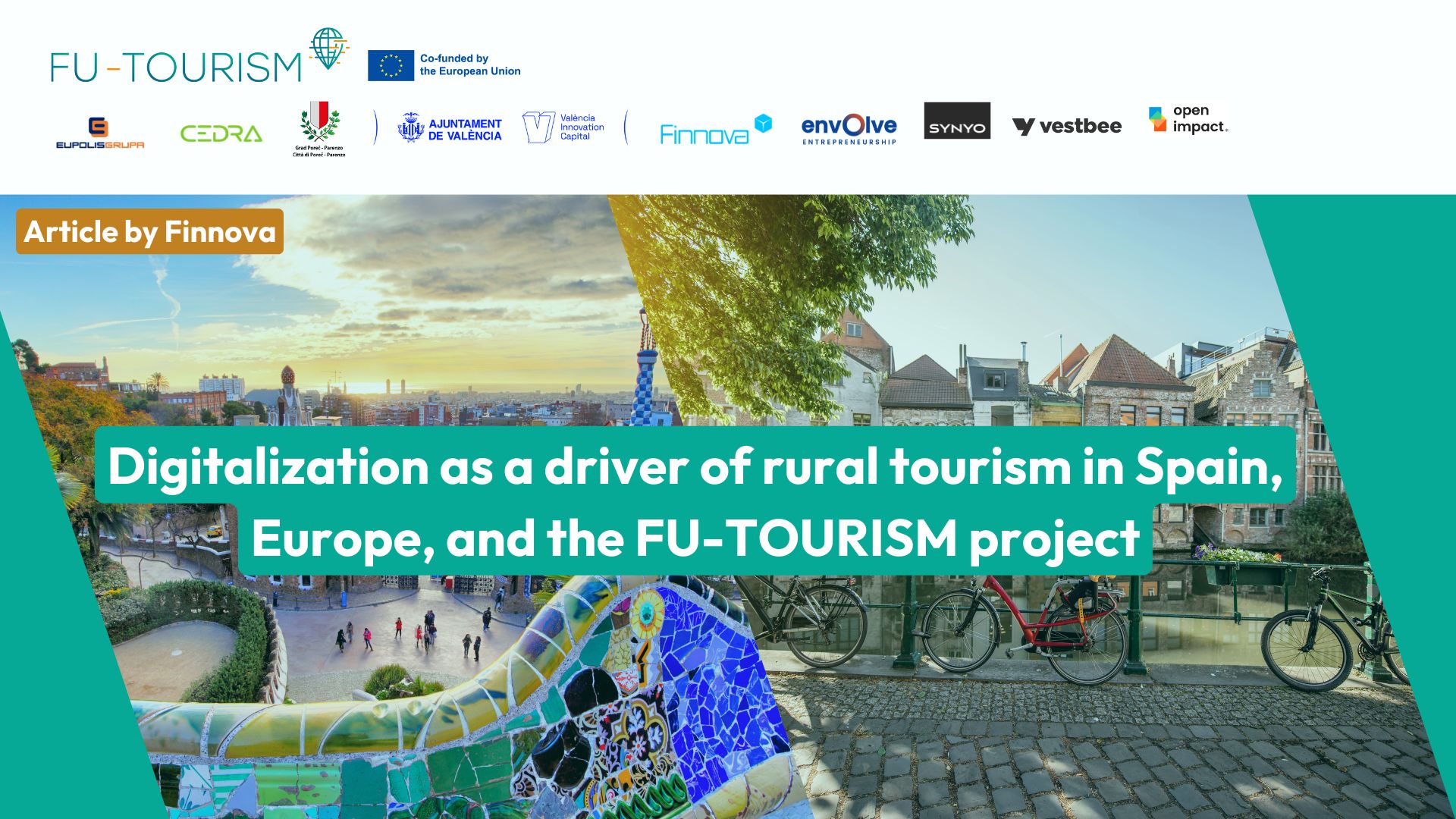
The Evolution of the Role of Destination Management Organizations (DMOs) in the Tourism Sector
Destination Management Organizations (DMOs) have undergone a significant transformation in recent years. Initially focused on marketing tasks and known as Destination Marketing Organizations, their role has evolved to become comprehensive managers of tourism development, playing a crucial role in destination governance and sustainable development.
Consider, for example, the case of Barcelona, which redefined its tourism strategy through BarcelonaTurisme, the city’s acting DMO. Composed internally by consortium members, like the Barcelona City Council or Barcelona’s Chamber of Commerce; governing bodies, such as the Tourism and City Municipal Council; and externally by other collaborative bodies composed by institutions, associations, local communities, businesses and citizens; it managed to transition from a market-centric approach to a holistic management model focused on sustainability. This strategy, which spans 2023-2025, includes 48 actions focused on environmental, economic, and socio-cultural sustainability, integrating key goals from Barcelona’s Municipal Tourism Plan and aligning with broader initiatives like the 2018-2030 Climate Plan and the Tourist Mobility Strategy.
Modern DMOs now have the task of providing strategic leadership, establishing common visions aligned with sustainability and competitiveness objectives. This leadership involves understanding the competitive landscape, identifying strengths and weaknesses, and aligning resources and competencies to maximize destination appeal. Additionally, effective knowledge management has become one of the most important functions of DMOs, ensuring that destinations adapt to changing market conditions, sustainability needs, and emerging trends, thus enhancing their strategic agility. DMOs must operate as learning organizations, continuously acquiring and transferring knowledge, and acting as intermediaries between the external competitive environment and the destination. This contributes to establishing a culture of effective improvement and innovation.
To illustrate the importance of knowledge management and the intermediary role between the destination and the external competitive environment that DMO’s play, is Iceland’s tourism policy. Despite the country’s impressive post-pandemic recovery, volcanic eruptions like those in the Reykjanes Peninsula have disrupted global air travel on several occasions, and thus caused fluctuations in travel interest to the country, with significant drops in flight searches during active eruptions. In response, Iceland’s government – through its tourism office – has implemented enhanced monitoring and communication strategies to maintain traveller confidence and ensure that tourism remains resilient despite the challenges posed by natural events. This is a prime example of how DMOs must operate as learning organizations, continuously acquiring and transferring knowledge, and acting as intermediaries between the external competitive environment and the destination.
The ability to create networks is another determinant of the success of DMOs. Effective organizations establish and maintain strong relationships with a wide variety of stakeholders, including government agencies, local businesses, and community organizations, forming specific tourism networks. These networks facilitate collaboration and coordination among stakeholders, ensuring cohesive and sustainable tourism development. When strengths are leveraged and the needs of all stakeholders are addressed, this networked approach leads to an integrated and global tourism strategy. New Zealand’s 100% Pure campaign is a prime example, using stakeholder collaboration to create a cohesive tourism brand aligned with sustainability goals. A practical outcome of this collaboration is the Tiaki Promise initiative, which encourages visitors to protect the environment and respect local culture, supported by policies like stricter freedom camping regulations and infrastructure development to preserve natural sites. This networked approach has helped New Zealand maintain a strong global tourism profile while promoting sustainable practices.
Moreover, recent research highlights that the perceived authority and legitimacy of DMOs are essential for their effectiveness. By gaining the acceptance and trust of stakeholders, DMOs can integrate various tourism-related functions. This legitimacy is reinforced through transparency in performance measurement and accountability, demonstrating the impact and effectiveness of the DMO to stakeholders. Measuring results and using clear indicators is crucial to maintaining stakeholder trust and support, as well as for academic research and replicability in future projects.
DMOs also play a fundamental role in integrating and coordinating the various components of the tourism supply chain, aligning management functions with other related regional policies such as the economy, environment, and transportation. By doing so, they ensure that tourism development aligns with broader regional objectives, as seen in Barcelona’s case, enhancing overall sustainability and competitiveness and fostering a holistic approach to tourism management.
Innovative Approaches and Best Practices Applied to Projects
The adoption of innovative approaches, such as the 4-Helix methodology, further enhances the effectiveness of DMOs by integrating ideas from government, academia, industry, and civil society. This approach helps leverage the diverse knowledge of different stakeholders, improving innovation capacity and ensuring that developed strategies are inclusive and widely supported.
In this vein, the FU-TOURISM project aims to integrate these principles through the town of Porec-Parenzo in Croatia and the city of Valencia in Spain – acting as effective DMO’s for the project – and applying the 4-Helix methodology to promote sustainable tourism development. Through the creation of 4-Helix Clusters and Living Labs at the national level, coordinated by Business Support Organizations (BSOs) and experienced DMOs, the project will provide training, technical assistance, and innovative business models tailored to SMEs.
The implementation strategy of FU-TOURISM involves the proactive role of the two DMOs in aligning local work plans with broader political objectives such as the European Green Deal. Coordination with local authorities will enable the development of relevant and impactful sustainable tourism solutions at the regional level. The use of digital tools and continuous evaluation frameworks will also allow DMOs to effectively manage and adapt strategies, ensuring long-term success and sustainability of tourism development.
About FU-TOURISM
FU-TOURISM is a European project funded with €4 million by the Single Market Programme (SMP, formerly COSME). Its objective is to support the ecological and digital transition of European tourism SMEs. Through a network of organisations in six countries (Croatia, Spain, Belgium, Greece, Poland, and Austria), FU-TOURISM provides funding and specialised knowledge to 102 SME projects aiming to transform their tourism practices.
Sources:




